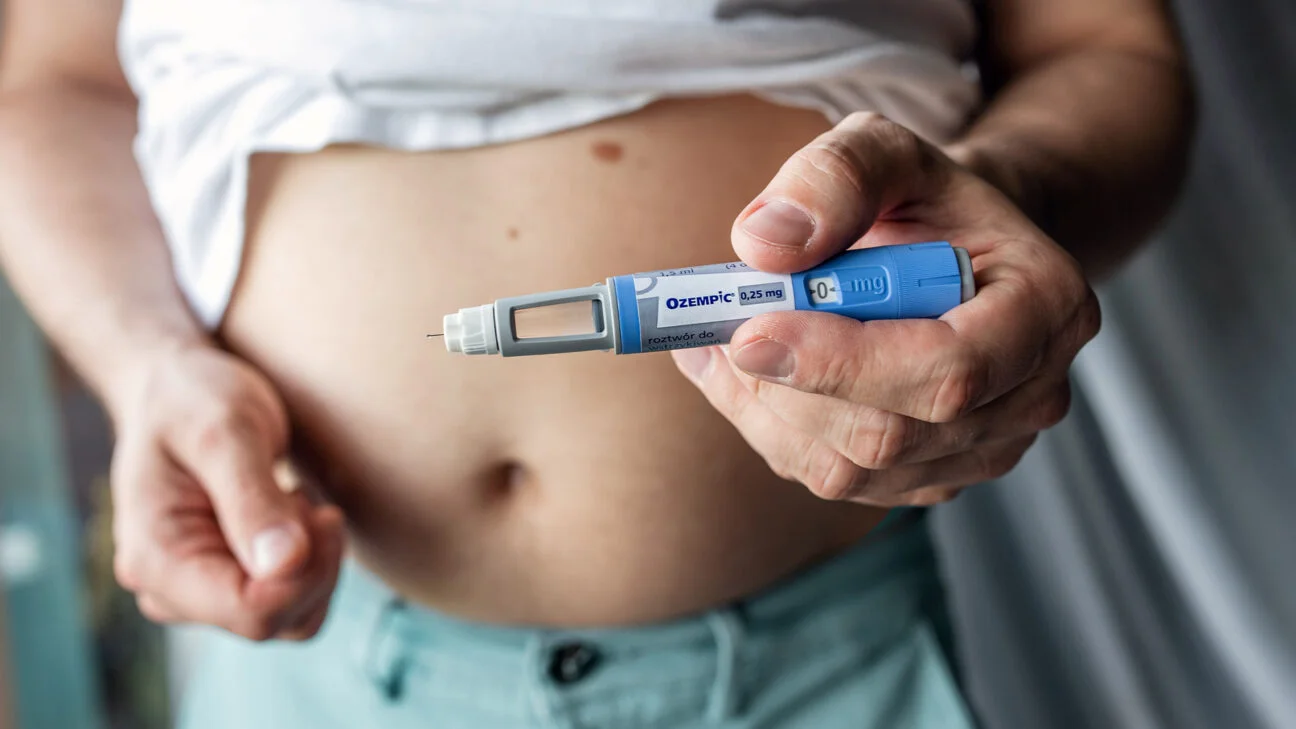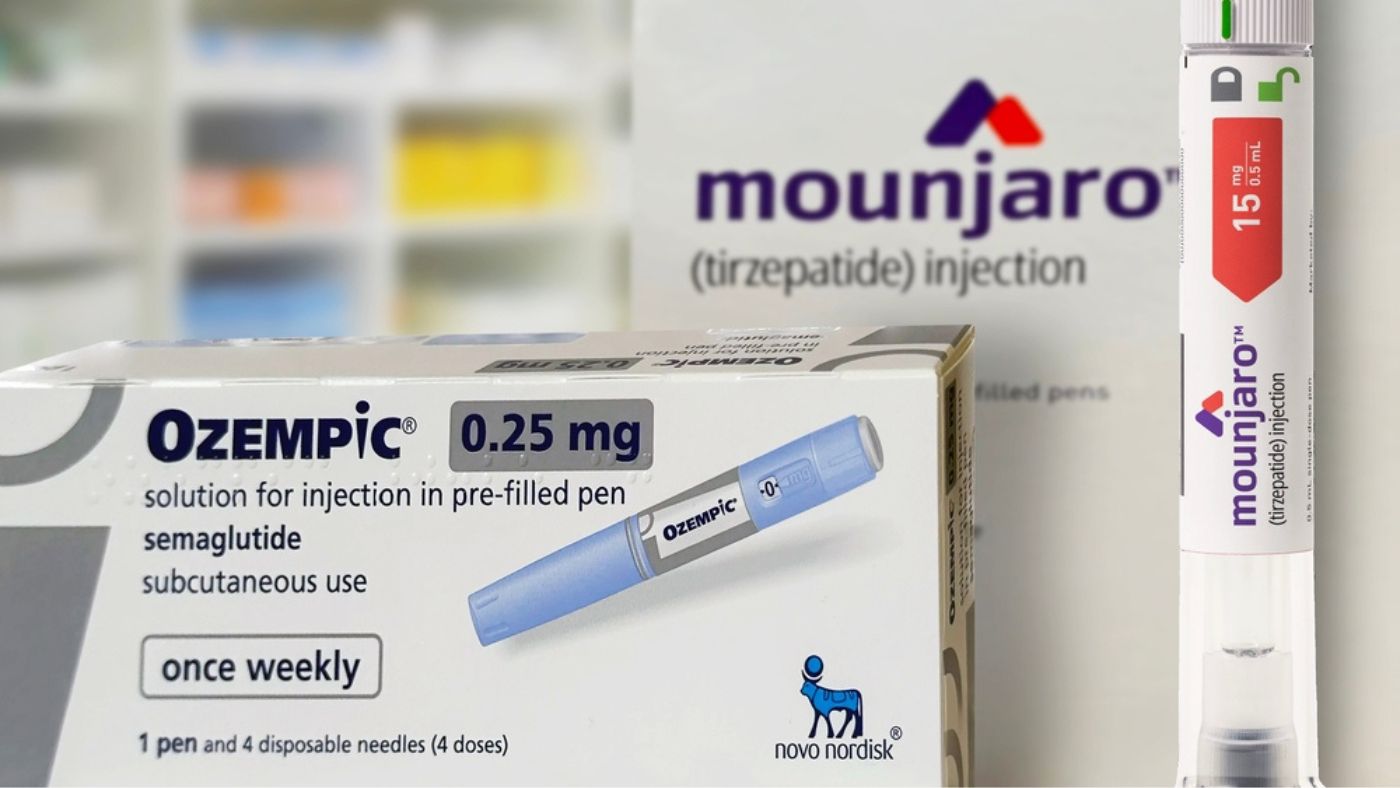In a lawsuit filed on Wednesday, a Louisiana woman claims she has suffered severe injuries from using Ozempic and Mounjaro, prescribed by her doctor.
These injectable medications, initially developed for diabetes management, have gained popularity for their potential weight loss benefits.
Attorneys representing Jaclyn Bjorklund allege that the 44-year-old used Ozempic for over a year until around July 2023, after which she began using Mounjaro.
She is suing the manufacturers of both drugs, Novo Nordisk and Eli Lilly, asserting they failed to warn of the risk of severe gastrointestinal events associated with the medications.
“Plaintiff was caused to suffer from severe gastrointestinal events, sustaining severe and permanent personal injuries, pain, suffering, and emotional distress, along with medical expenses,” the lawsuit claims.
Bjorklund reportedly experienced “severe vomiting, stomach pain, gastrointestinal burning, multiple hospitalizations for stomach issues including emergency room visits, dental issues from excessive vomiting, requiring additional medications to control vomiting, and regurgitation of food hours after eating,” according to the lawsuit.
The lawsuit contends that Novo Nordisk and Eli Lilly were aware of the link between GLP-1 receptor agonists and severe gastrointestinal issues like gastroparesis and gastroenteritis but failed to disclose this information adequately.
“Failure to disclose this information rendered the medication warnings inadequate,” the lawsuit states.
Vomiting and abdominal pain are listed as potential adverse events on the prescribing information for Ozempic and Mounjaro. The lawsuit does not specify if Bjorklund was diagnosed with gastroparesis.
The lawsuit seeks compensatory and punitive damages, including medical expenses, ongoing pain and suffering, as well as attorney’s fees and court costs.

Ozempic, manufactured by Novo Nordisk, and Mounjaro, by Eli Lilly, both use GLP-1 receptor agonists: semaglutide and tirzepatide, respectively.
These drugs mimic a natural hormone in the body, GLP-1, slowing stomach emptying to help patients feel full longer.
Apart from this lawsuit, concerns about side effects like gastroparesis have surfaced among patients and doctors using Ozempic and Wegovy for weight loss or diabetes management.
In response to concerns before the lawsuit, the FDA acknowledged reports of gastroparesis associated with semaglutide and liraglutide, noting that some cases did not resolve after stopping the medication.
Common adverse events for Ozempic include nausea, vomiting, diarrhea, abdominal pain, and constipation, while Mounjaro lists nausea, diarrhea, decreased appetite, vomiting, constipation, dyspepsia, and abdominal pain.
Both drugs indicate they delay gastric emptying, potentially affecting the absorption of oral medications.
Novo Nordisk responded to stomach paralysis concerns, affirming that gastrointestinal events are known side effects of GLP-1 receptor agonists, typically mild to moderate and short-lived.
They emphasized their commitment to patient safety and monitoring product safety profiles closely.
Eli Lilly similarly underscored patient safety as their priority, actively monitoring, evaluating, and reporting safety information for all their medicines.
The lawsuit continues to develop as legal proceedings unfold.
